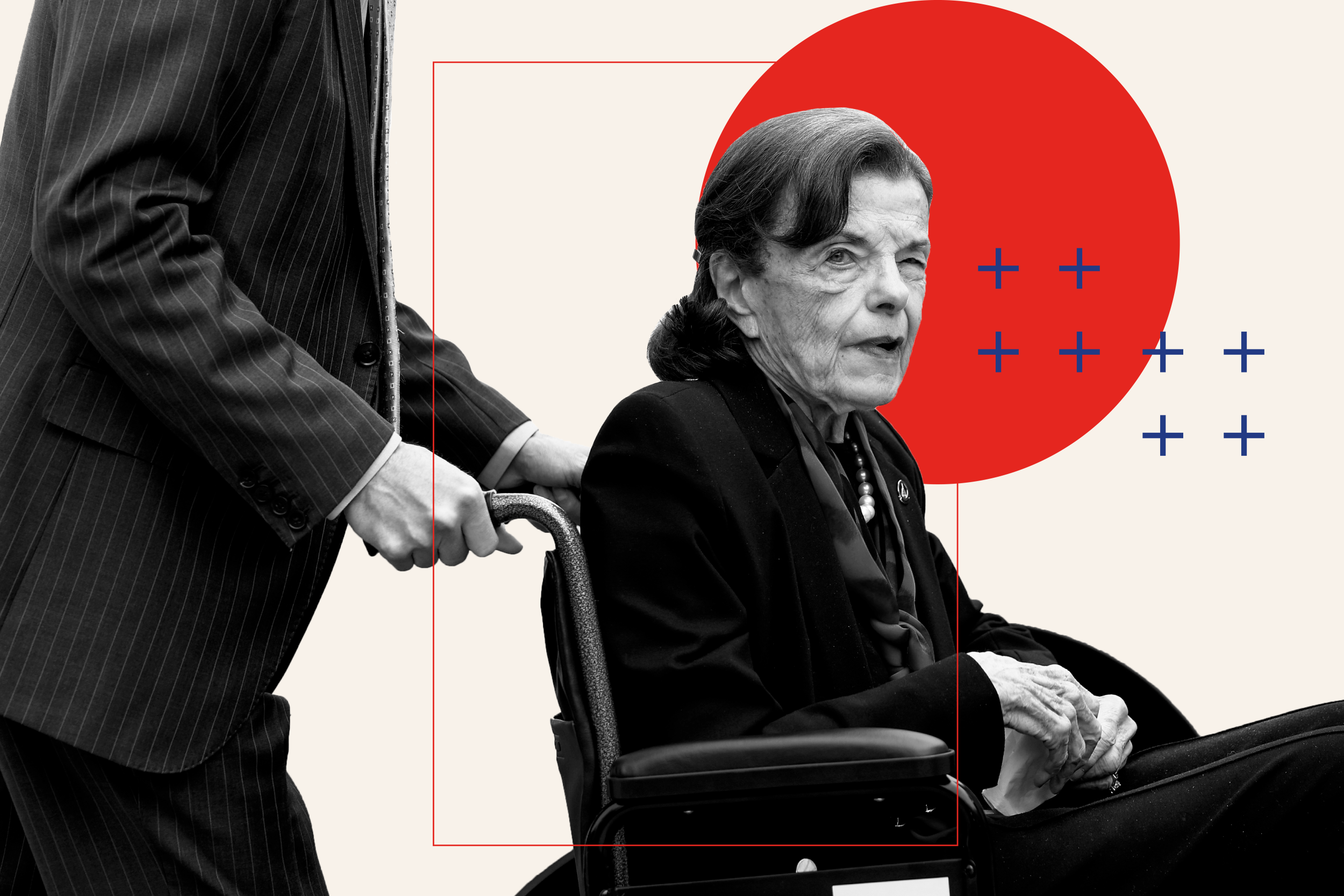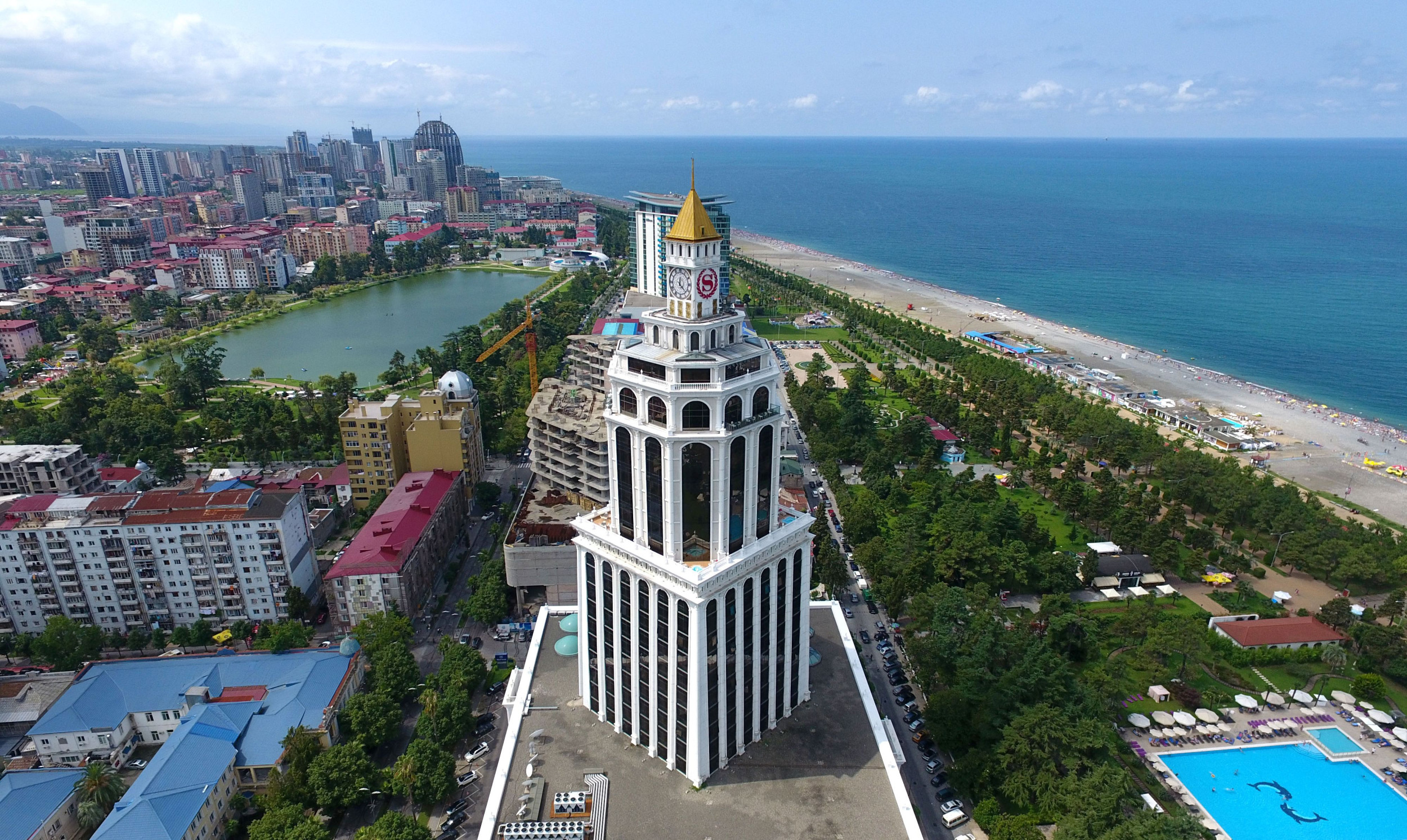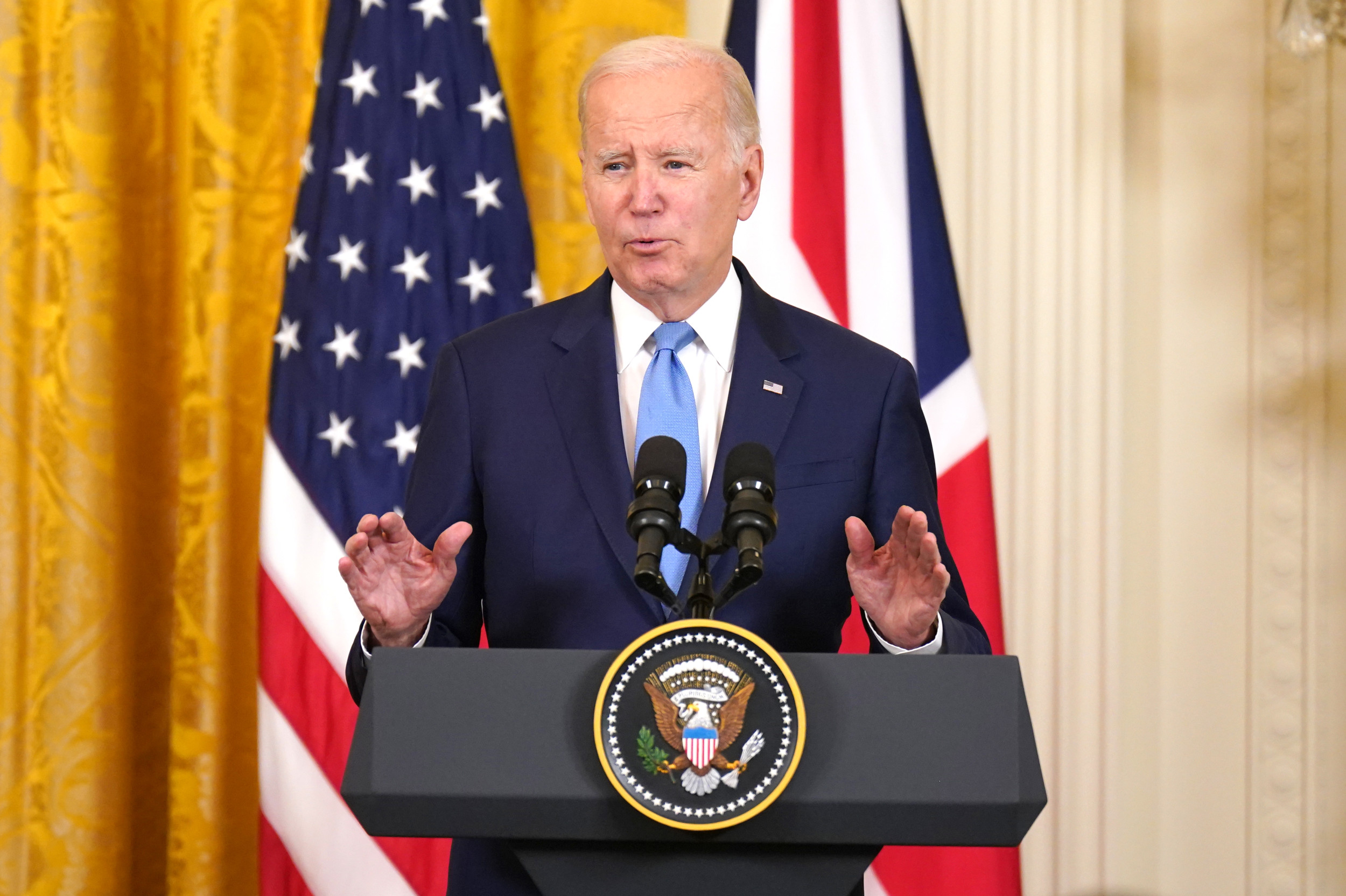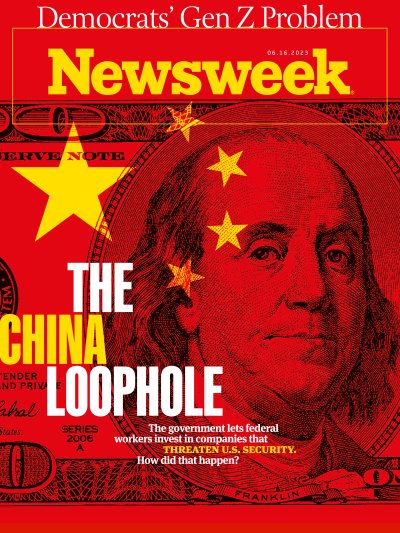The head of the Russian Wagner Group of mercenaries has hit back at the Russian Defense Ministry as the spat between Russia's military and mercenary organizations working alongside it in Ukraine widens.
On Saturday, the Russian Defense Ministry said "volunteer formations" would need to sign contracts with the Russian government by July 1, sanctioned by Defense Minister Sergei Shoigu.
The Wagner Group is typically referred to by the ministry, and in the Russian media, as a volunteer assault detachment. The move was designed to increase the effectiveness of the Russian armed forces, the Russian Defense Ministry said in a statement.
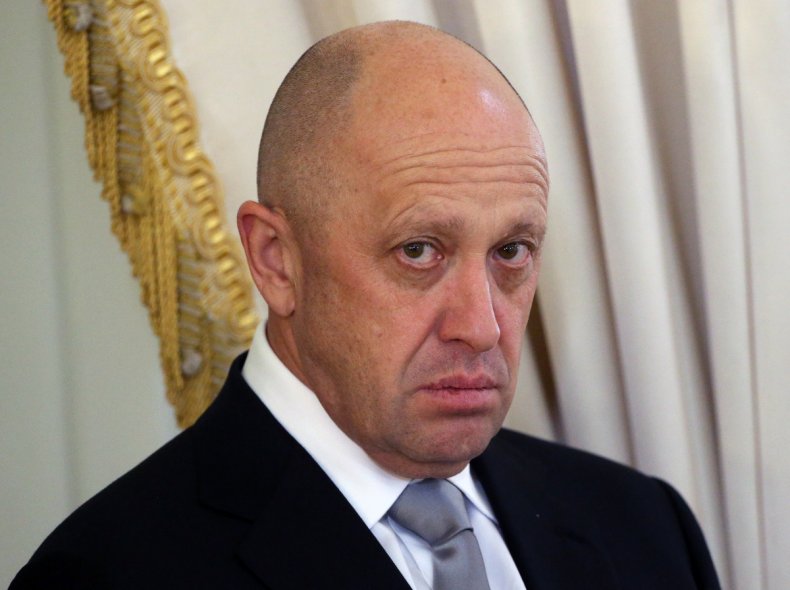
The decree will likely target paramilitaries such as the Wagner Group, which had taken on a crucial role in Russian operations in hotspots in eastern Ukraine, including in the embattled city of Bakhmut.
But Wagner chief, Russian oligarch Yevgeny Prigozhin, has been engaged in a long-running and high-profile dispute with the Russian Defense Ministry and Moscow's military commanders. Previously nicknamed "Putin's chef," for the ties his catering company maintained with the Kremlin, Prigozhin has become a vocal critic of the Russian establishment and is thought to have his own political ambitions.
"Those orders and decrees that Shoigu forms, they apply to employees of the Ministry of Defense and to military personnel," Prigozhin said in a statement posted in a request for comment on the Defense Ministry's move.
The Wagner Group "will not sign any contracts with Shoigu," Prigozhin continued.
The Wagner Group "coordinates its action" with the Russian military, he said, adding it "has the deepest experience" with a "highly effective structure."
"Shoigu cannot manage military formations," Prigozhin added.
Tensions between the Wagner leader and Russian military leadership have been simmering for months. As Wagner troops bore the brunt of high casualty counts in battles around the destroyed Donetsk city of Bakhmut, Prigozhin accused Shoigu and Russia's top commander, General Valery Gerasimov, of "high treason" by denying the group the resources it needed.
Earlier this month, Wagner mercenaries captured a Russian commander, Lieutenant Colonel Roman Venevitin, and posted a video of him on the group's social media.
The video was met with concern by several members of the Russian military blogger community, looking at the consequences of the rift between Wagner Group and the Russian Defense Ministry, the U.S.-based Institute for the Study of War think tank said.
Newsweek has reached out to the Russian Defense Ministry for comment via email.

